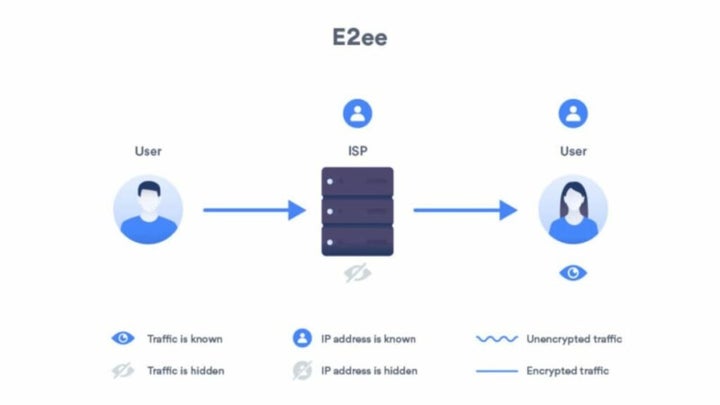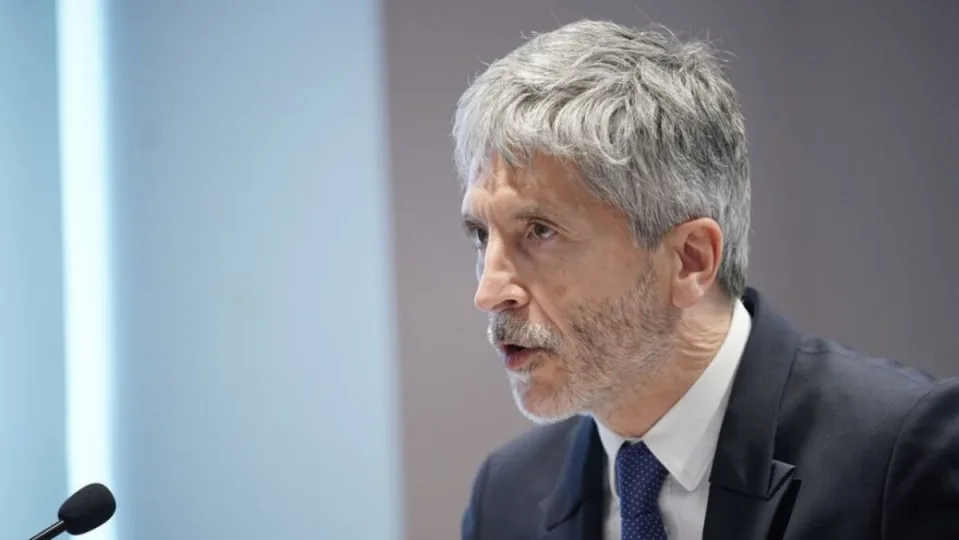A few days ago, we echoed a publication by WIRED that reported on a proposal from Spain to end end-to-end encryption. The alleged proposal from our country was part of an initiative by several European Union states aimed at finding a way to “spy” on networks that employ this encryption in order to prevent the spread of child pornography.
Among all the proposals outlined in the alleged leaked document, put forth by around twenty EU countries, Spain’s position was the most radical, showing a willingness to prohibit companies from implementing end-to-end encryption in their apps. Some experts considered this approach “disproportionate” and “ineffective in achieving the goal of protecting children.”
To clarify this situation, the website Maldita.es, which fights against misinformation in media and social networks, contacted the Spanish Ministry of the Interior headed by Fernando Grande-Marlaska. The response received by the outlet from the ministry was that the information regarding the intention to ban end-to-end encryption did not come from them. The Ministry of the Interior also insists that their stance is that “communication, whether encrypted or not, cannot be intercepted without a judicial order.”

While the real stance of Spain is clarified regarding this situation, the ministry does not clearly state its proposal regarding this European initiative. The dilemma posed by end-to-end encrypted networks (such as those used by WhatsApp, Telegram, or Messenger) is that, being 100% private (even for the companies themselves), they can also be used to share illegal content, such as child pornography or terrorist material.
According to the alleged leaked document, other countries proposed measures that involved the possibility of installing backdoors or some system that would allow intervention with a judicial order, but this would completely undermine the privacy of end-to-end encrypted networks and have highly negative moral implications for citizens.
Some of the links added in the article are part of affiliate campaigns and may represent benefits for Softonic.


